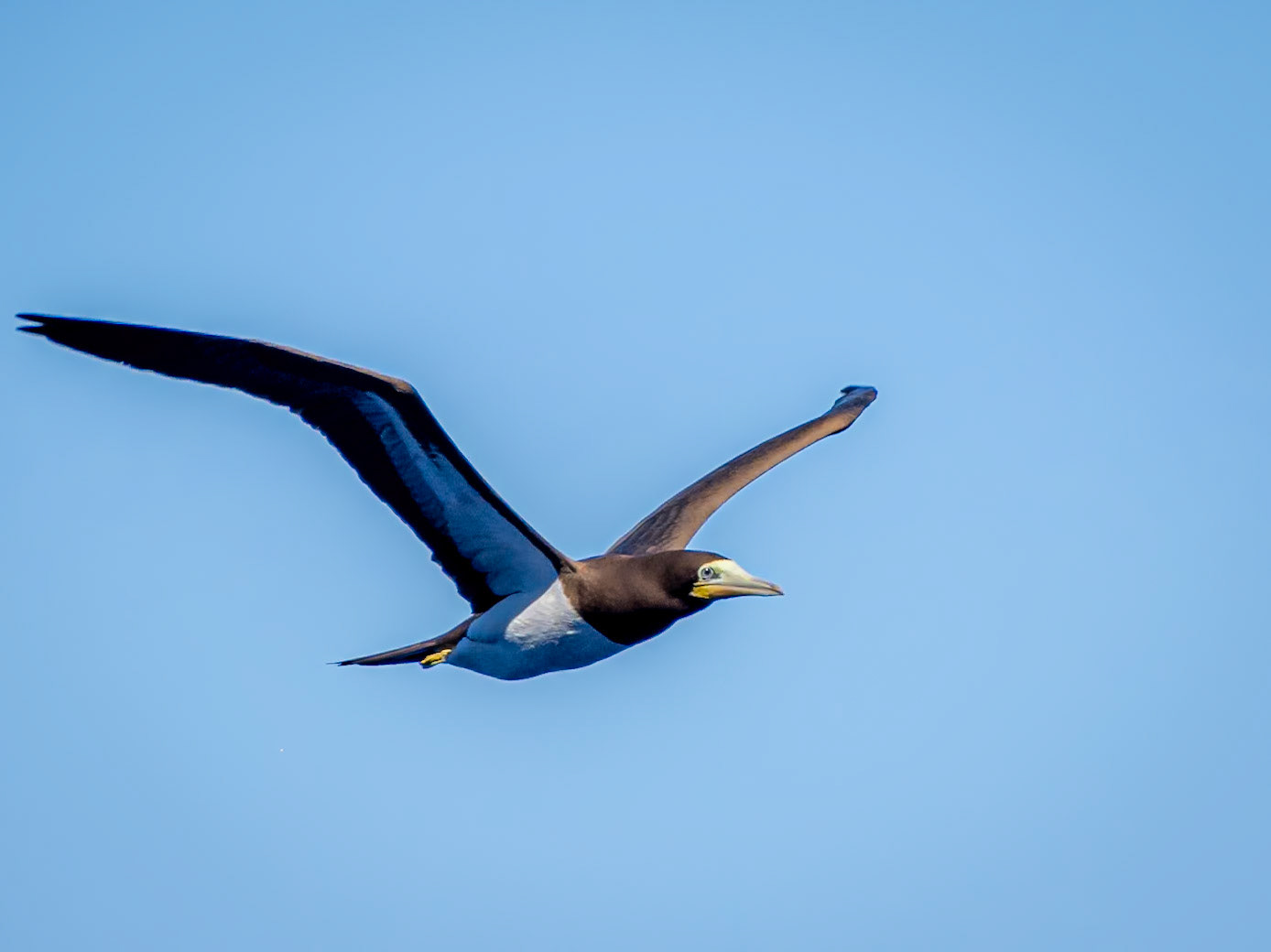In terms of nature related things, fewer caught my eye this month as we were only in town for the first 2 (cool/cold) weeks, the last two weeks were in warmer climes - eastern Caribbean
A few last gasps of blooming by Queen Anne's Lace and a sow thistle on the trail by the Saw Mill Ponds.
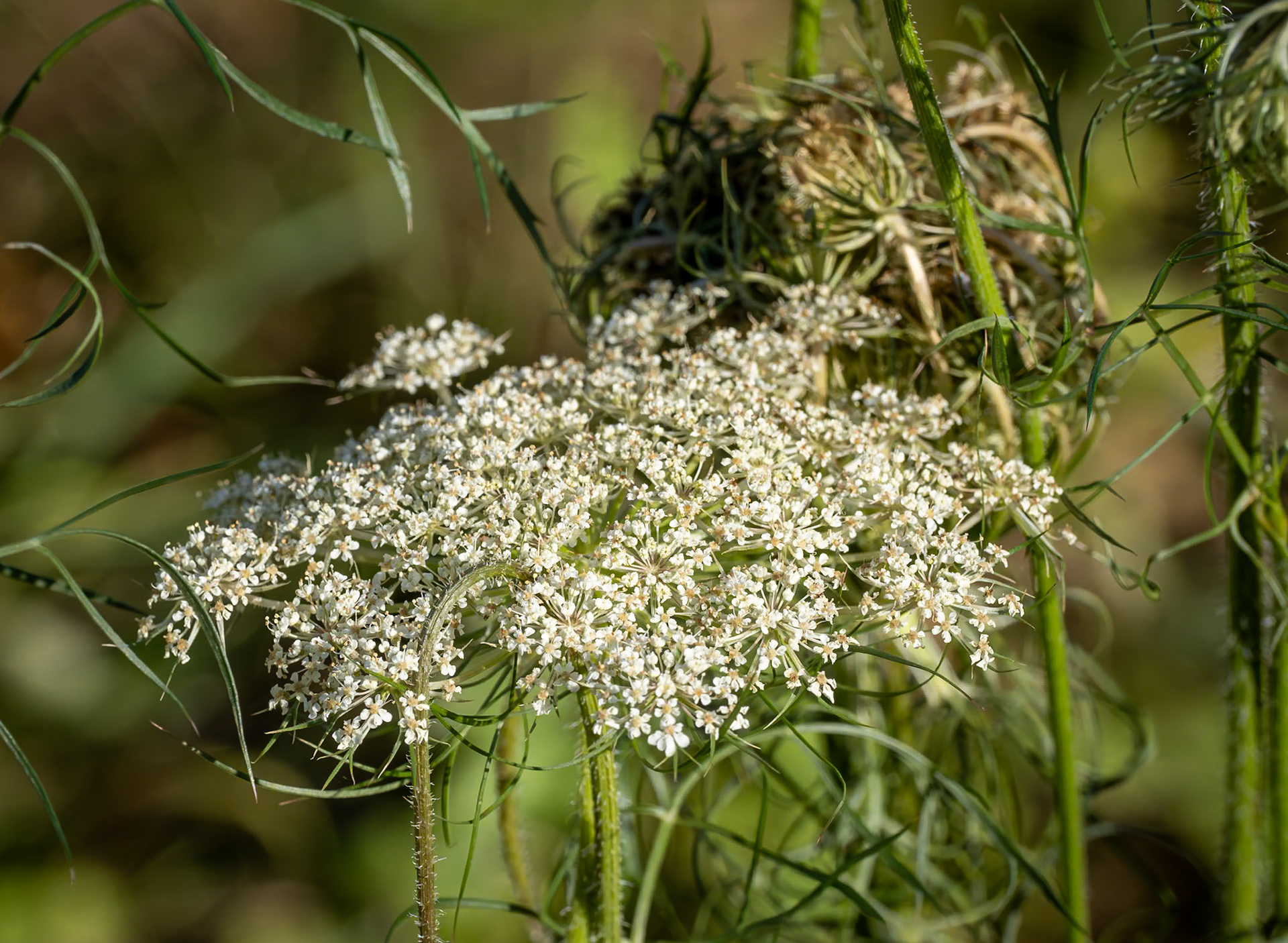
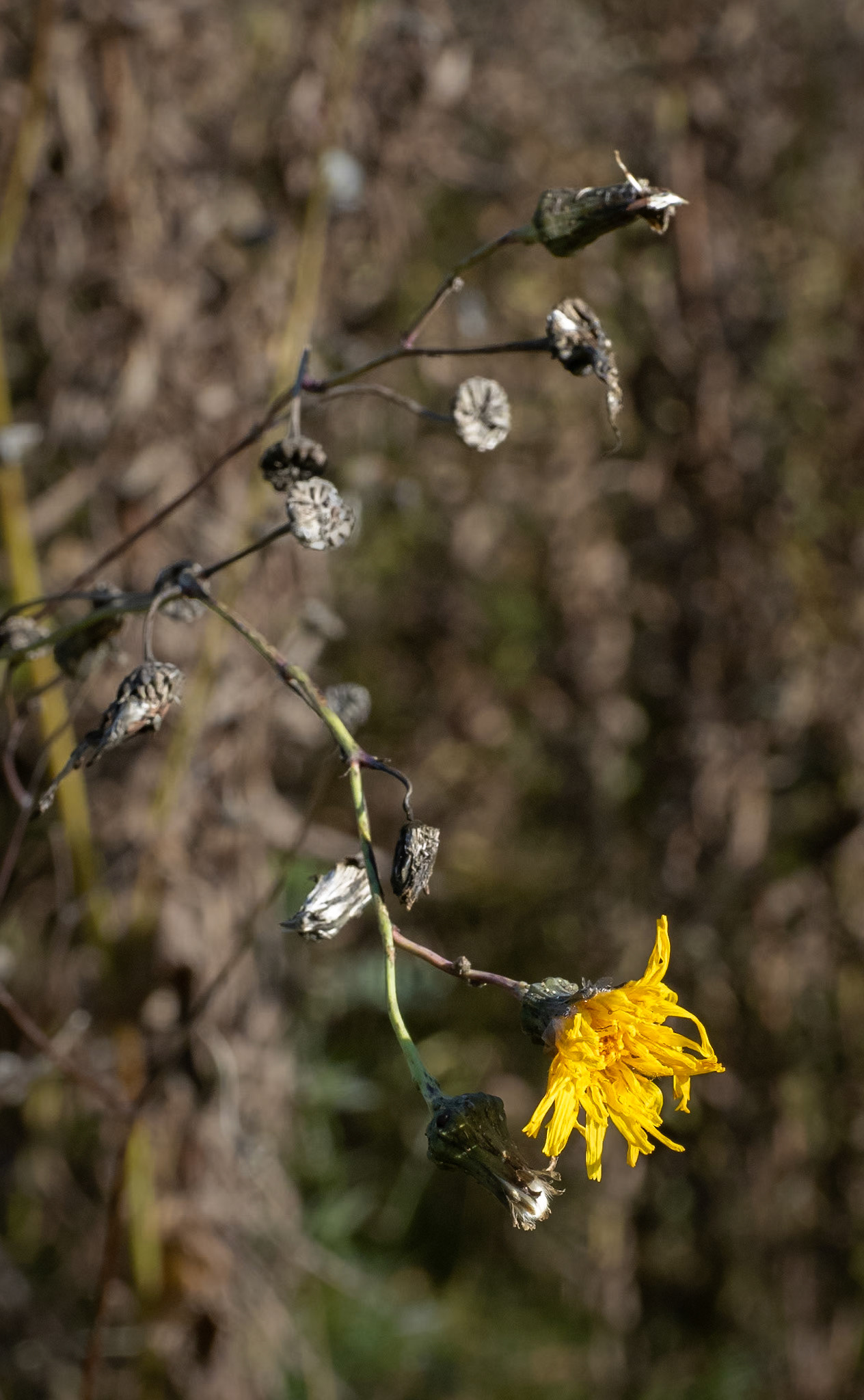
One (or two?) great blue herons caught my eye at Mud Lake. A close flyby and an unusual fishing technique and unusual catch
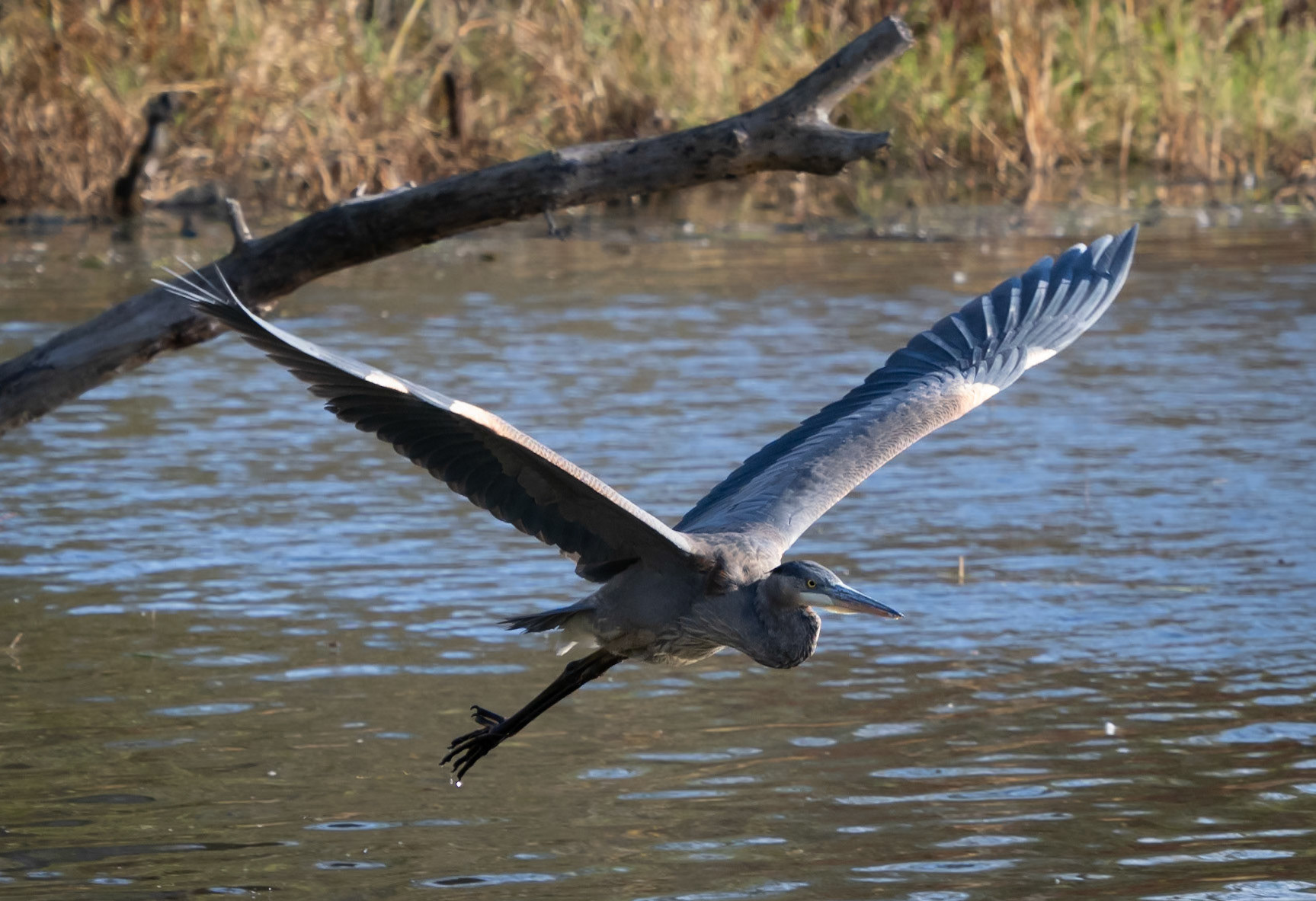
The little birds were certainly looking for handouts, as were some larger ones, and squirrels too
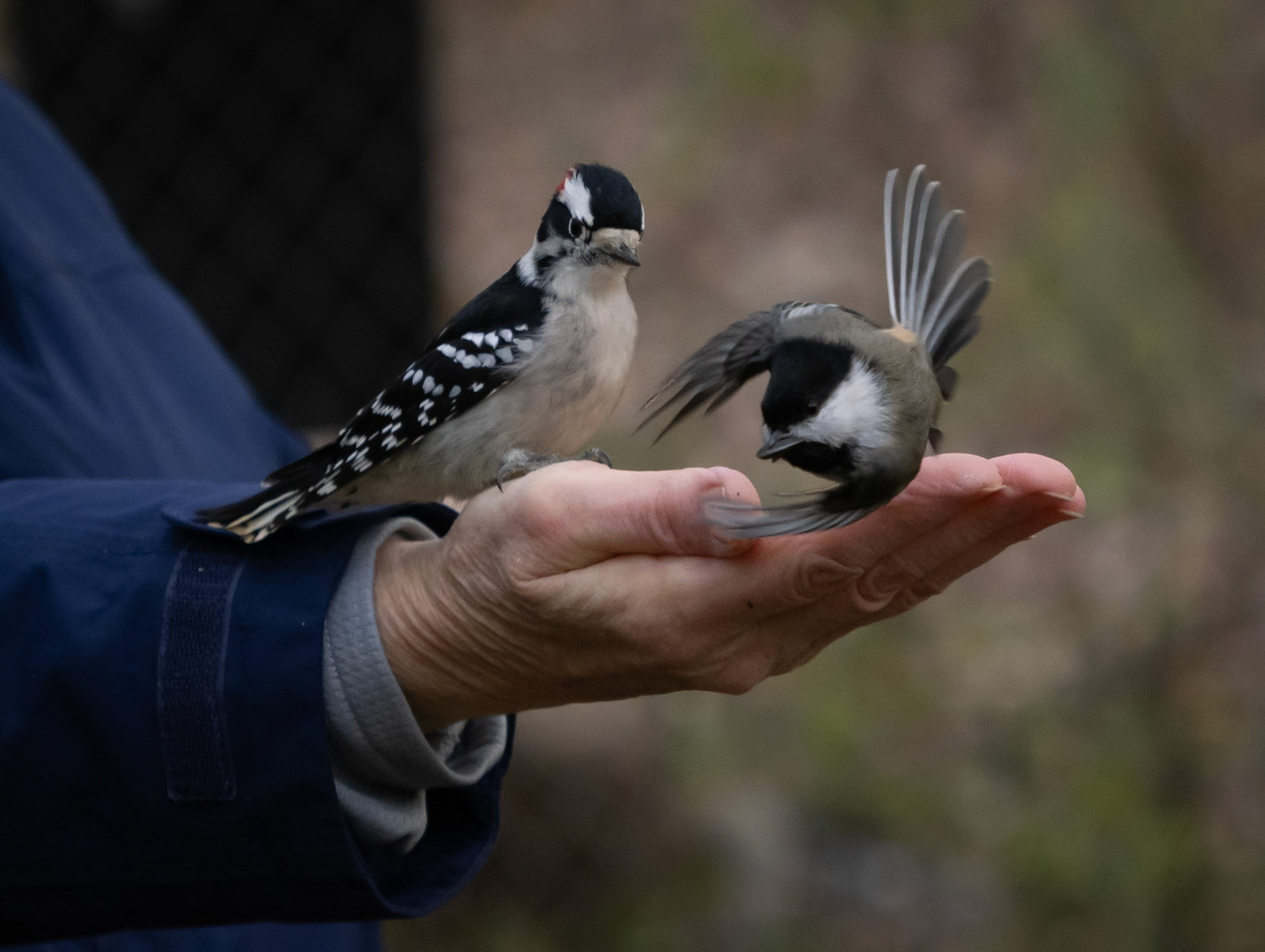
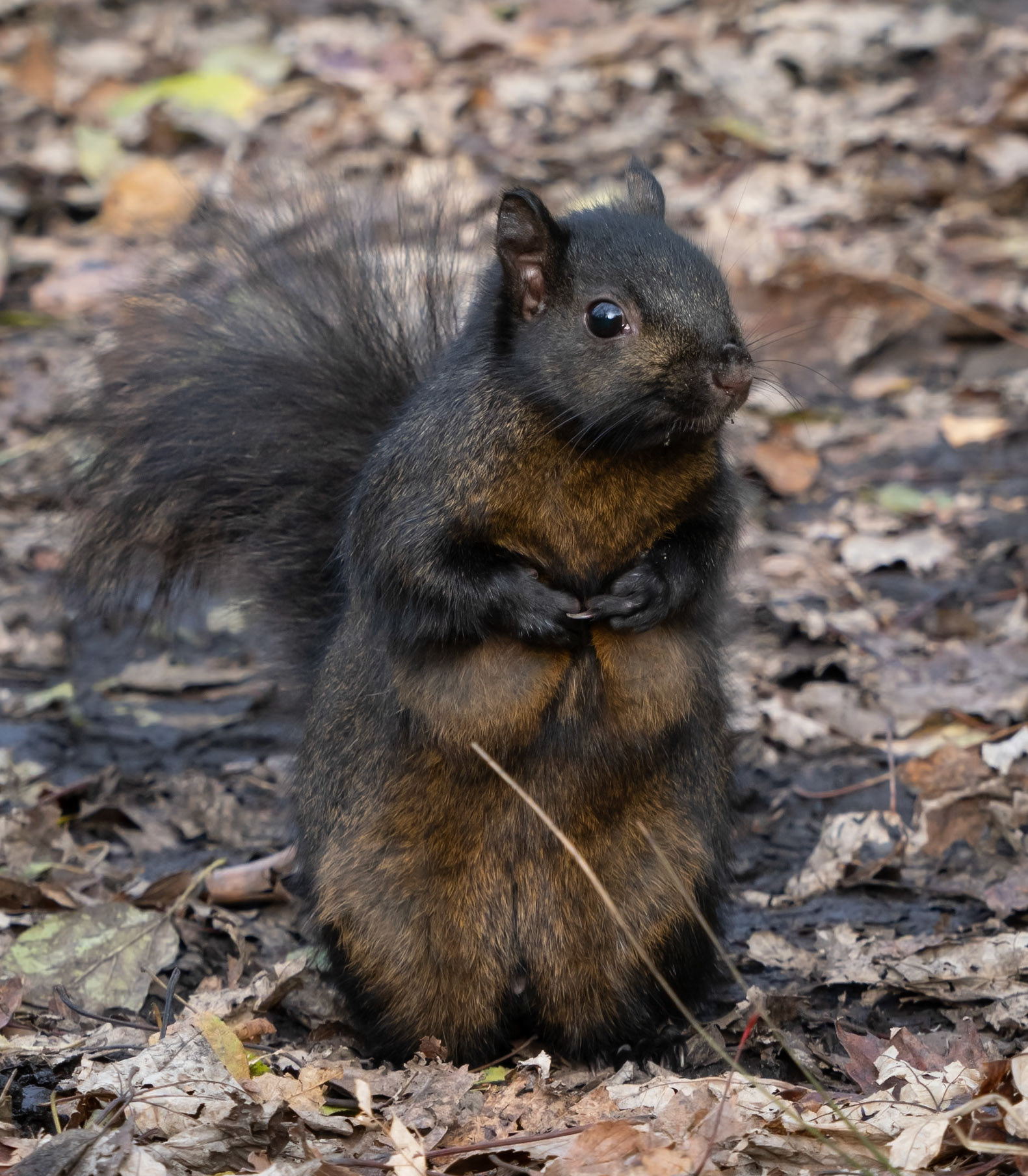
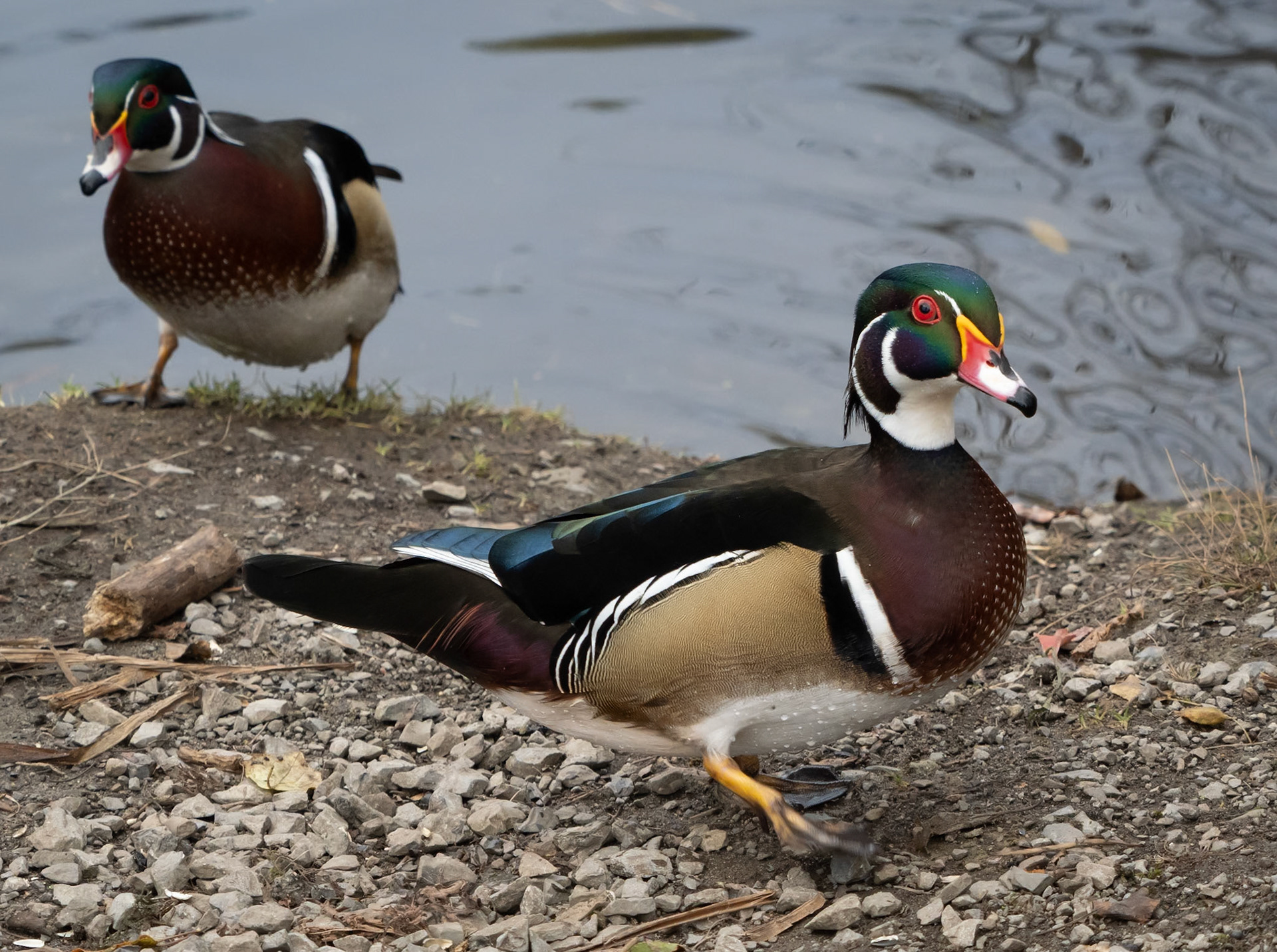
~
At Parc Omega, the elk and red deer rut was essentially over, although one red deer was still making itself heard.
Another red deer seemed to have really gotten into his hay pile at breakfast. He certainly was an eye catcher!
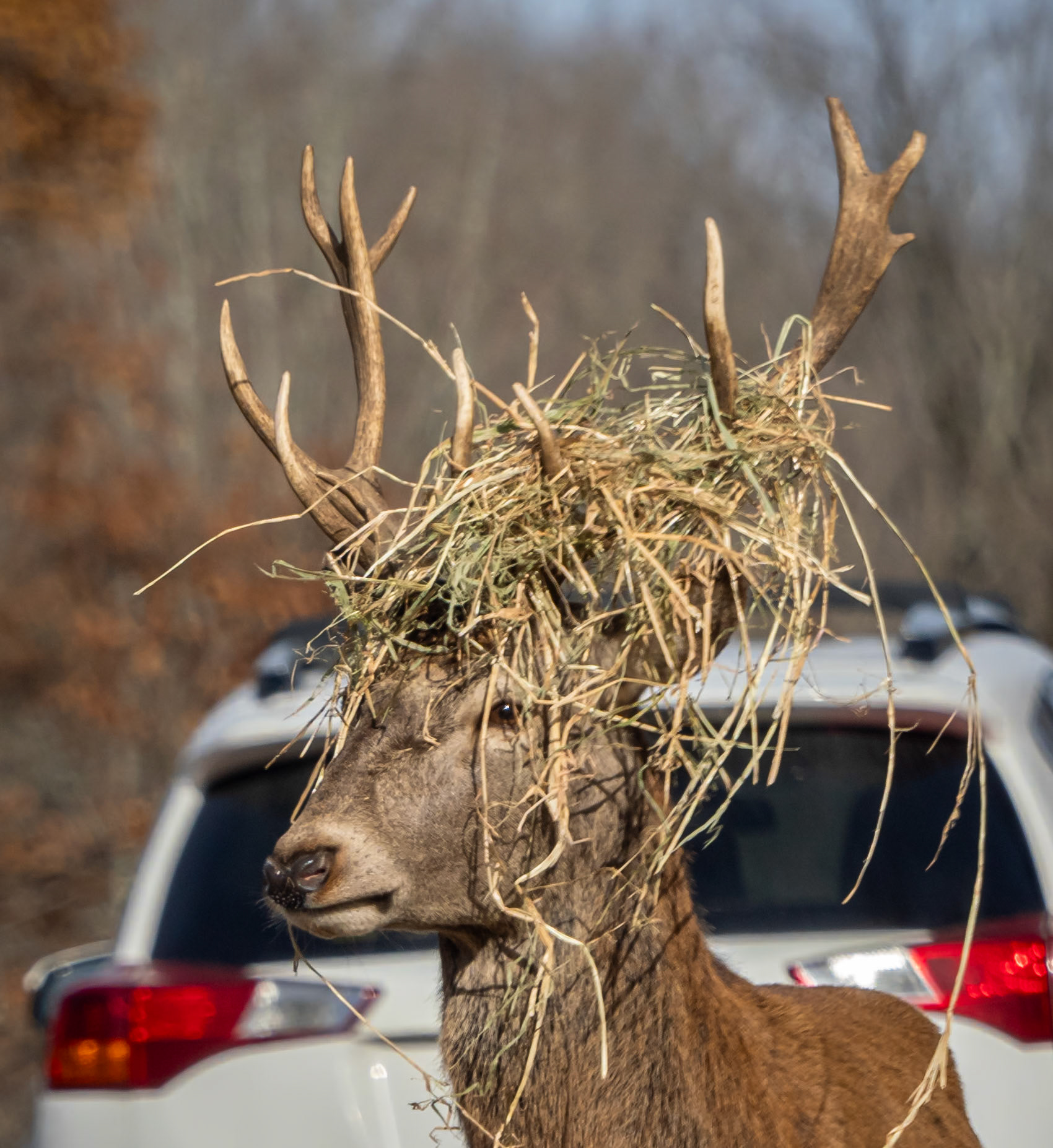
One of the moose had lost an antlers
The Przewalski horses were finally giving us a close-up view down at the fence line after spending past months staying in the feeding shelter
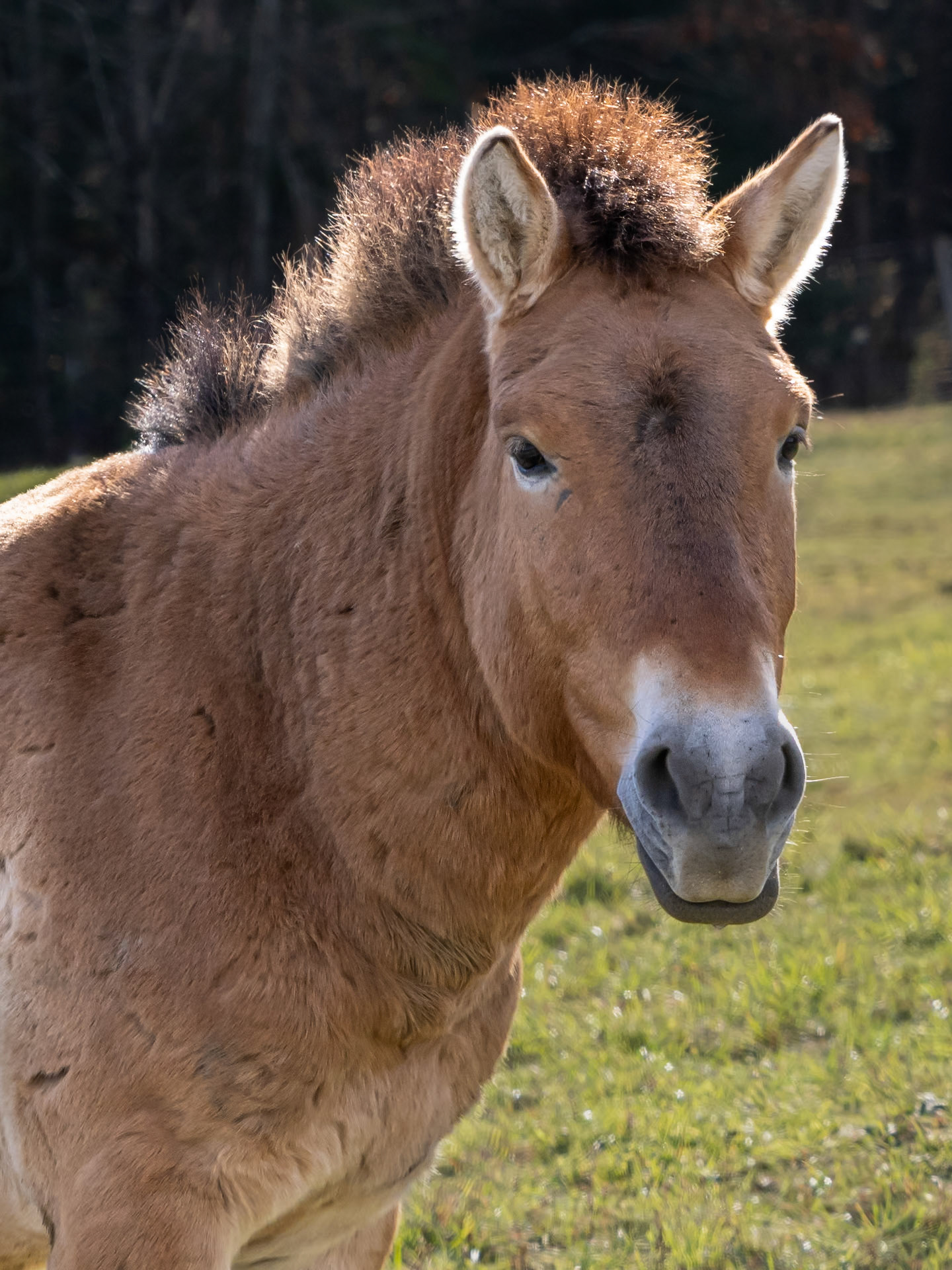
The black and cinnamon bears were staying close to their dens and checked them out for their readiness
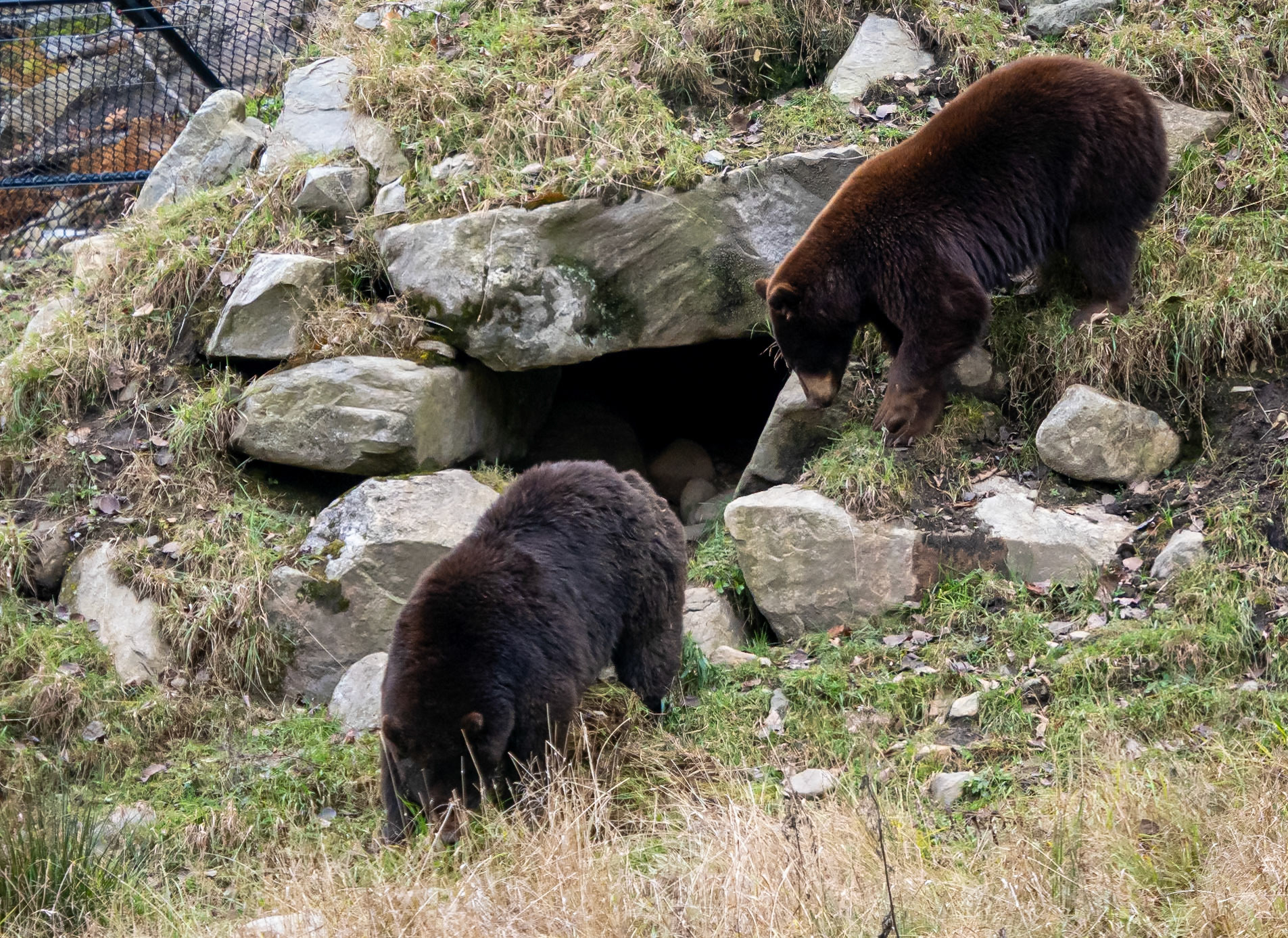
An 11 day Caribbean cruise at the end of the month provided opportunities for many eye catching sights. The trip was not a photo trip, part of the purpose was to see what post-pandemic cruising changes there were.
The Caribbean is a cruise intensive area. Our first port, Philipsburg, Sint Maarten, hosted 5 cruise ships, with about 14,000 passengers. (This picture was taken at noon hour when most of the visitors were out invading the island.)
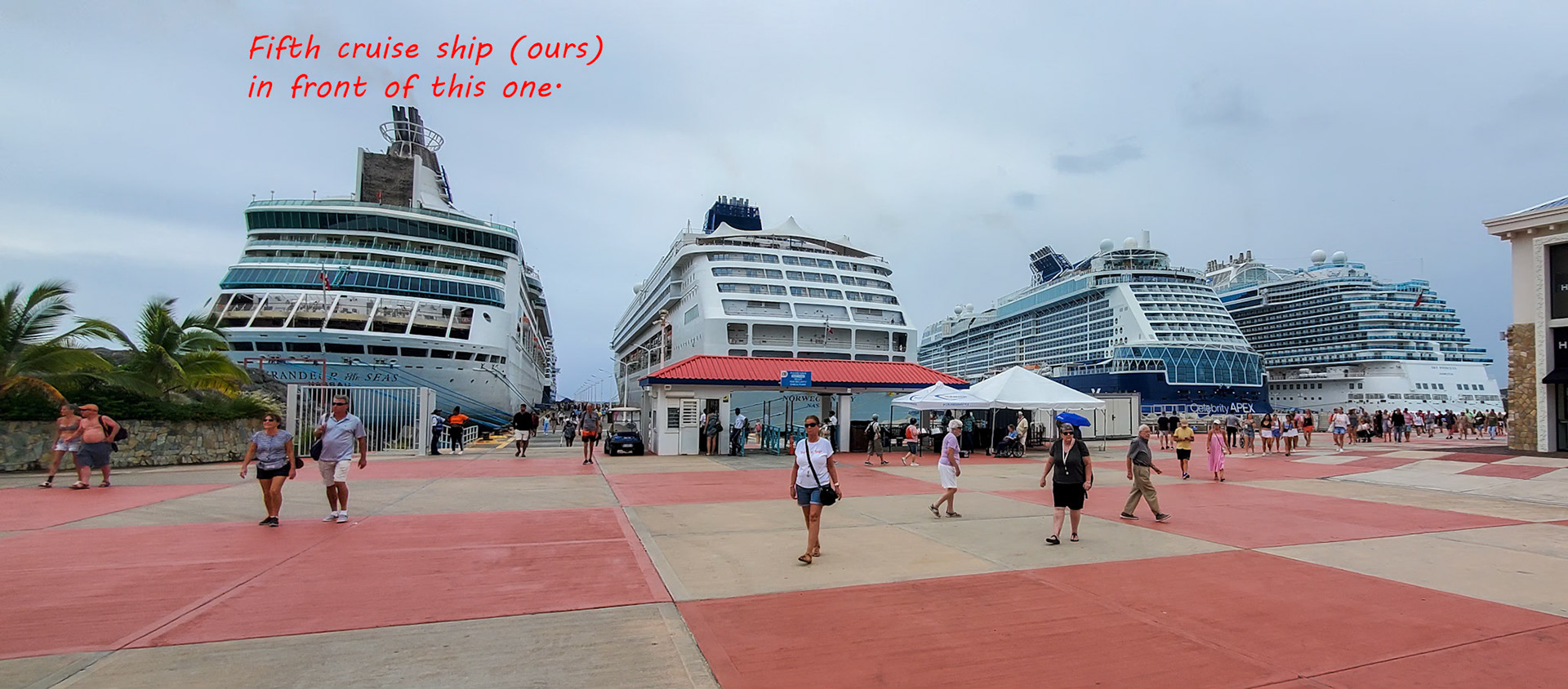
The early morning light, sunrises and moonrises were certainly eye-catching.
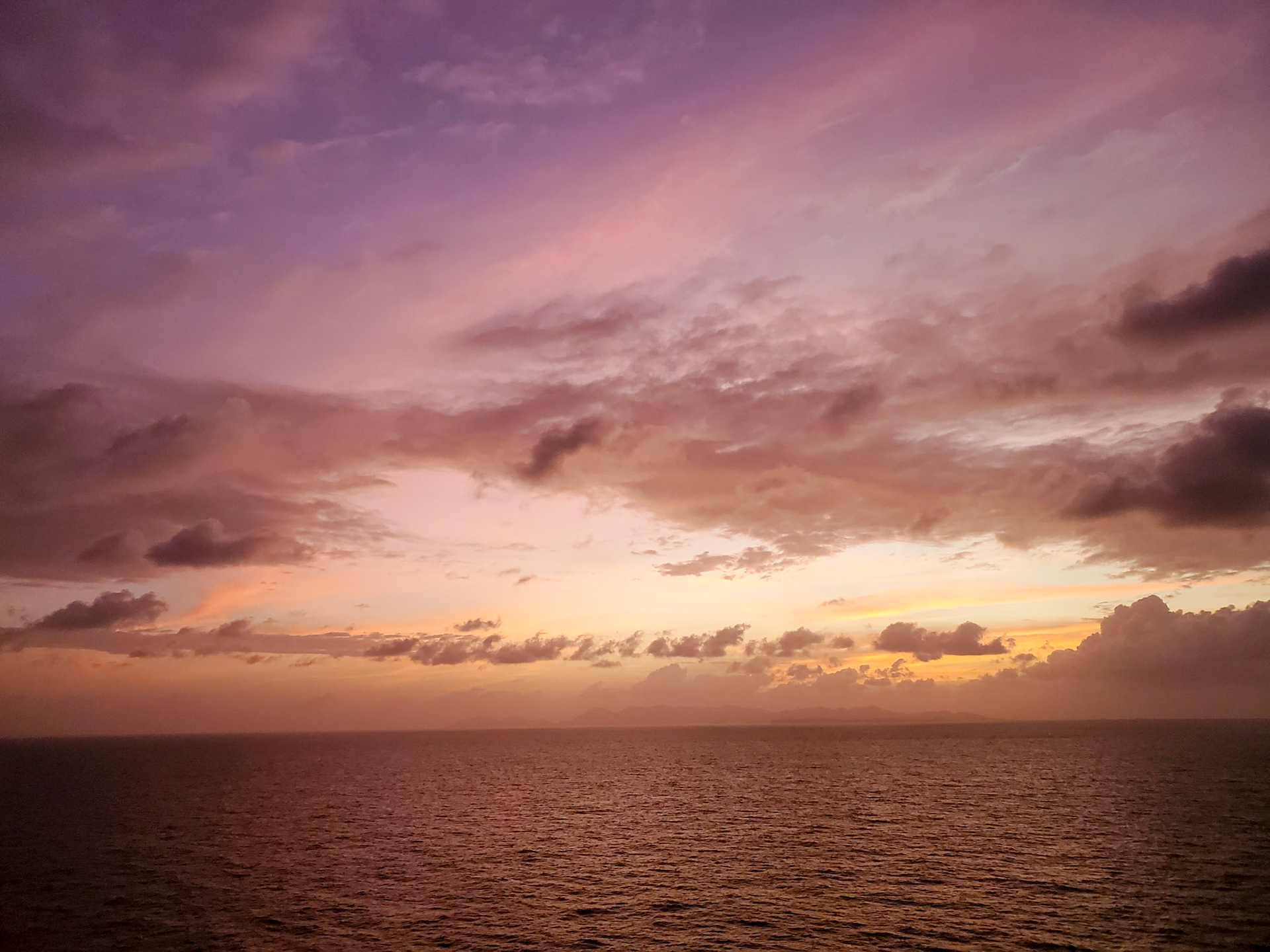
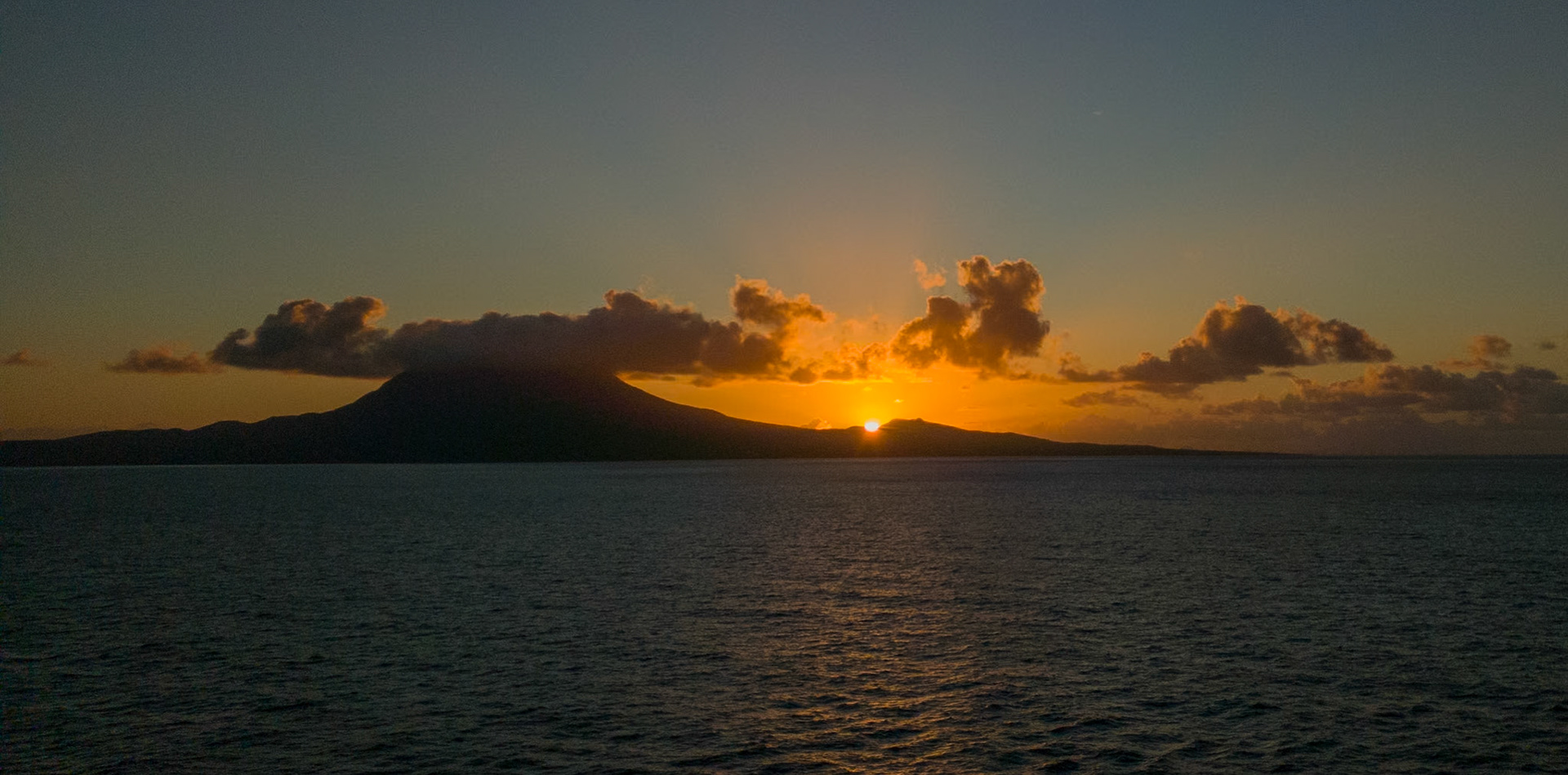
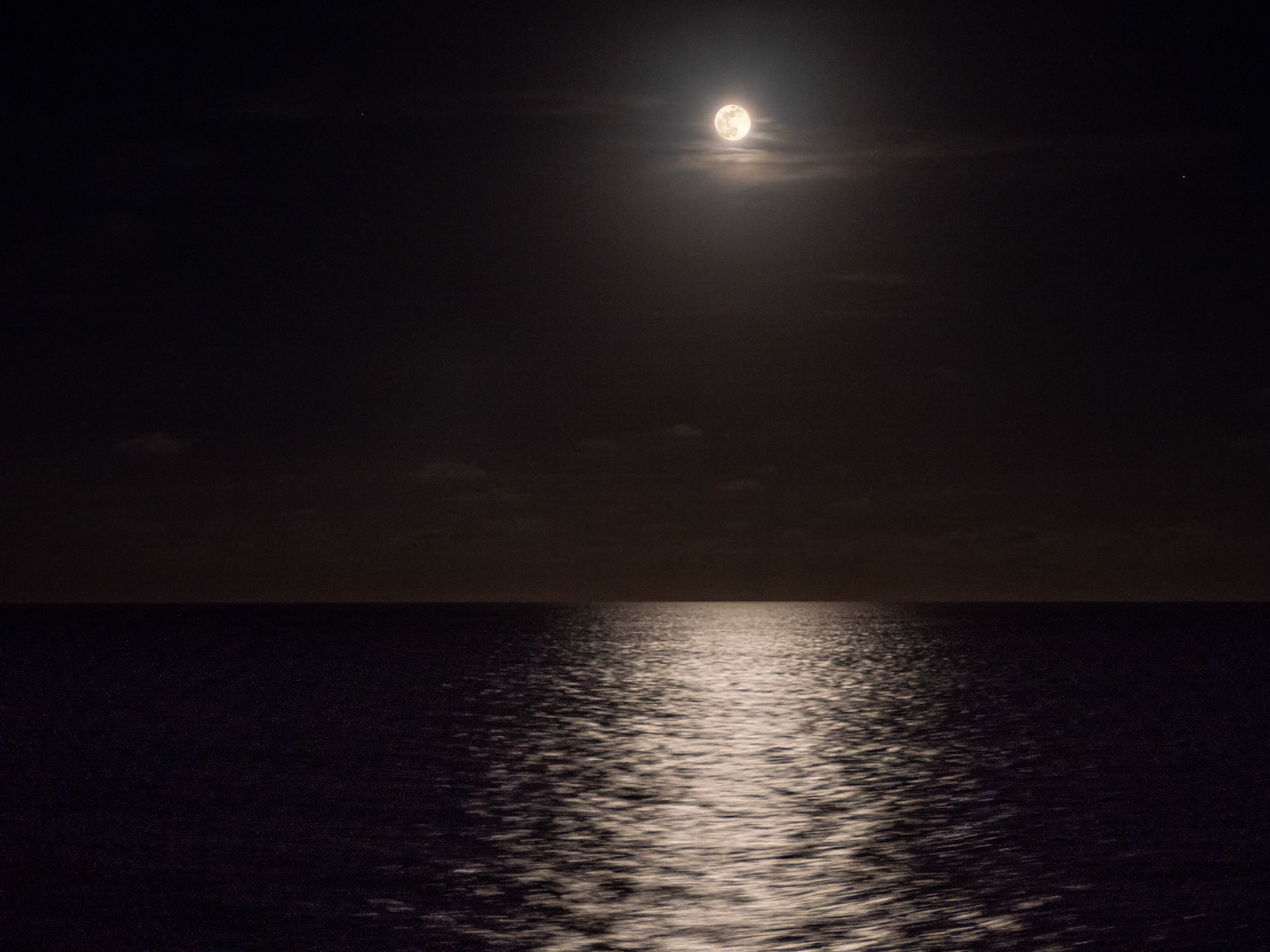
Most people cruising the Caribbean go to enjoy the beaches. This pristine beach is at Half Moon Cay, a Holland American Cruise Lines privately owned island in the Bahamas. We were at the far end of the beach, only a few people come down this far.
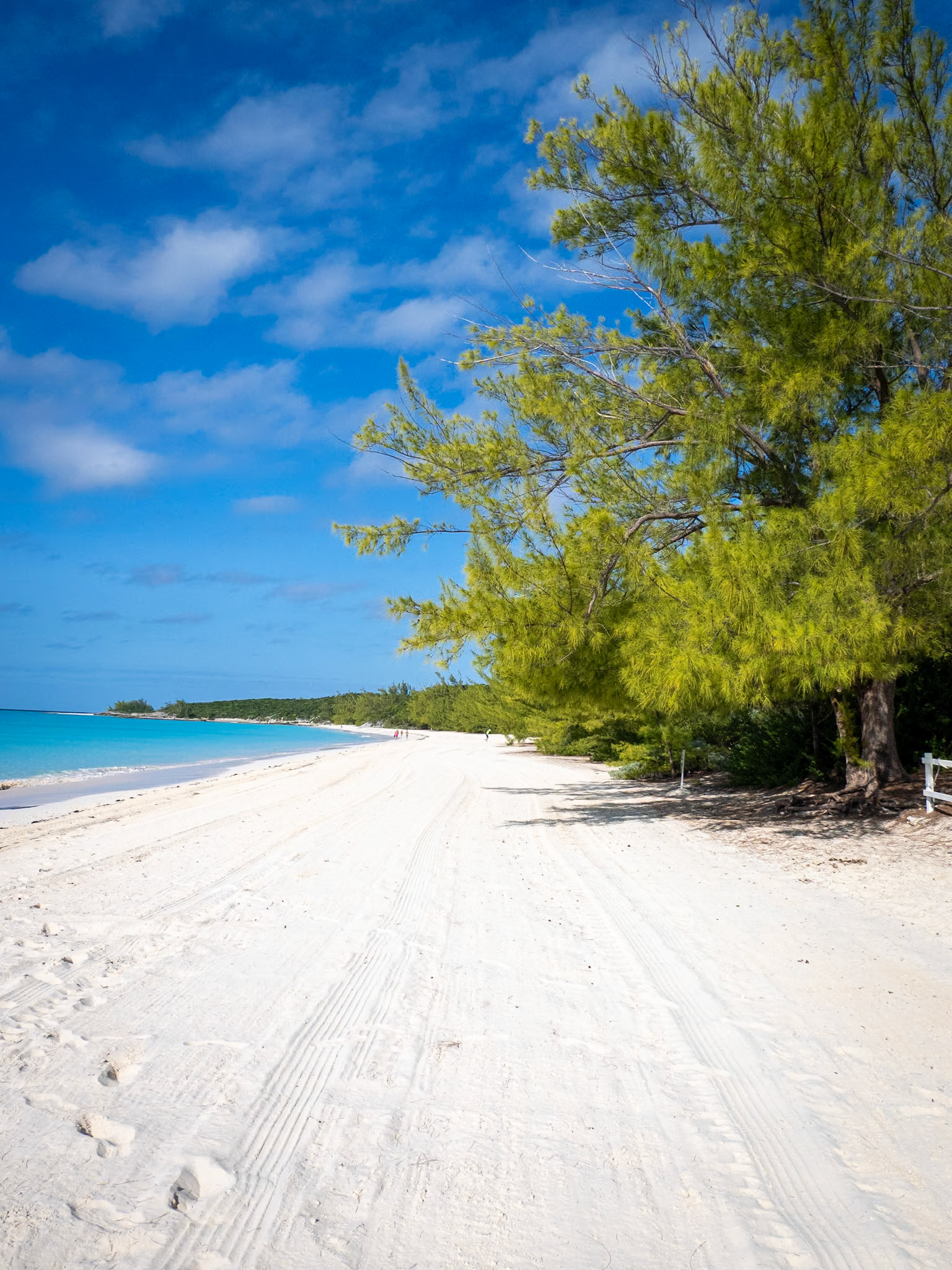
While not a birding trip, my eye was certainly watching out for birds. Pelicans, egrets, heron, warblers, doves, wild chickens, mockingbirds, red-tailed hawk were amongst the birds seen. The brown boobys would fly along side the ship at times and dive into the ocean to catch the fish disturbed by the passing ship.
